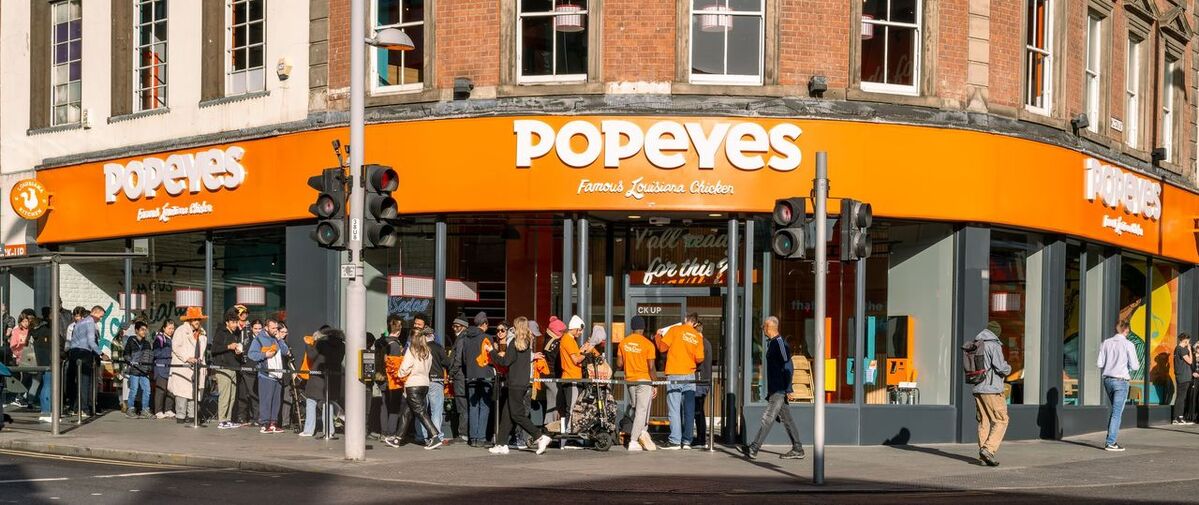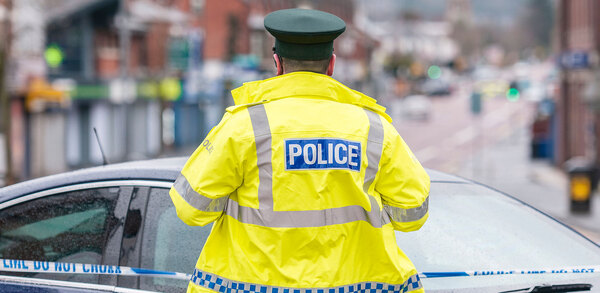Wake-up call: do I need a licence to open a spa?
A special treatment licence may be required, depending on where you are in the country and what services you provide, says James Daglish
The problem
I want to set up a spa and treatment offering in my premises, or set up a bespoke stand-alone treatment shop, but I am not sure what licence I need.
The law
It depends on where you are in the country, and even in London it depends whether you are in the City or Metropolitan London area.
The City of London is governed by the London County Council (General Powers) Act 1920. In short, that covers all of what would broadly be called non-invasive treatments, such as massage and sunbeds. More invasive treatments, such as electrolysis, piercing, tattooing and the like, are governed by the Greater London Council (General Powers) Act 1981 and the Local Government (Miscellaneous Provisions) Act 1982.
In the wider London boroughs, the London Local Authorities Act 1991 covers both non-invasive and invasive treatments. Outside London, the regulation of special treatments is dealt with under the Local Government (Miscellaneous Provisions) Act 1982.
Anything more invasive than piercing and tattooing will fall outside the scope of the special treatment regime and would more than likely be considered a medical procedure.
Expert advice
A broader range of treatments require a licence in London than outside London. Outside London, it is only the more invasive treatments that normally need an express licence. Even if you do not need a licence, if you approach it as if you did and you follow best practice, it is likely to stand you in good stead.
To-do checklist
Create a comprehensive list of all the proposed treatments and a plan of the premises where the treatments will take place. When preparing the fit-out of the premises, make sure it can meet high cleanliness and privacy standards. For example, screens and changing rooms should be provided and surfaces should be smooth and impervious, so they are easy to clean.
Look at what qualifications individuals need, or should have, to administer each of the treatments. As is perhaps (reassuringly) logical, it is a requirement of nearly all special treatment licences that the person carrying out the treatment has the relevant qualification. If you are not familiar with the particular qualification, do check with the issuing authority. It is acceptable for an operator not to have a specific qualification for only certain treatments, such as the operation of saunas.
Create a policy document that sets out your internal procedures to ensure the cleanliness of the premises and the safety of the customers. This can range from basic principles, such as regular handwashing and no eating and drinking during treatments, to arrangements for the specialist cleaning of implements. The policy should include provision for the initial training of staff and periodic refresher training.
Check with the local authority whether or not a specific licence or specific arrangement is needed for the disposal of used materials and equipment. It's likely that not all can be disposed as normal commercial waste.
And check with your insurer or insurance broker to see what additional or specific insurance cover should be in place.
As is so often the case in licensing, have a word with the local authority licensing team. They are usually quite willing to assist and give pointers before you submit anything formally.
Beware
Although there is a relatively light-touch approach to the regime, it is nevertheless a criminal offence to provide treatments without the correct licence. If in doubt, check with the local authority and, if necessary, get legal advice. That is particularly the case where novel treatments are proposed.
Contact
James Daglish is a partner and head of licensing at Goodman Derrick LLP jdaglish@gdlaw.co.uk
Videos from The Caterer archives




















